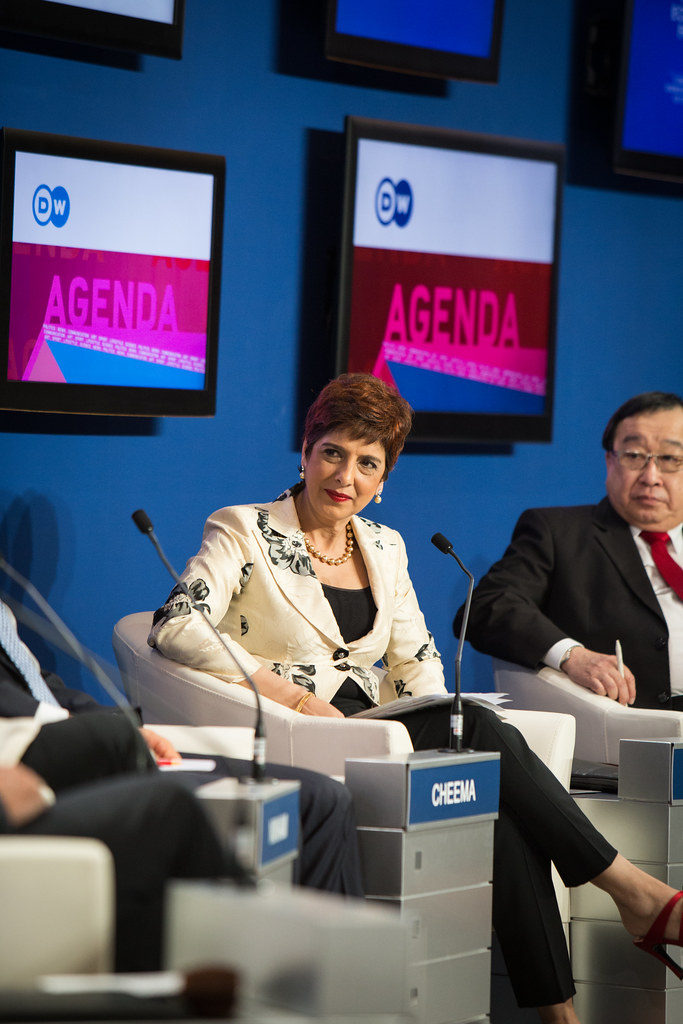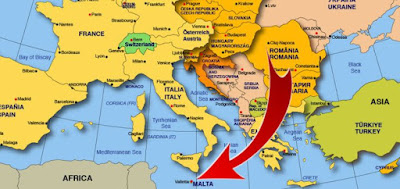World War I, also known as the Great War, was a global conflict that lasted from 1914 to 1918. It involved most of the world’s major powers, divided into two opposing alliances: the Allies (led by France, Russia, and Great Britain) and the Central Powers (led by Germany, Austria-Hungary, and the Ottoman Empire). The war was triggered by the assassination of Archduke Franz Ferdinand of Austria-Hungary by a Serbian nationalist in June 1914.
The event led to a chain reaction of alliances and declarations of war, with Germany invading Belgium and France, and Russia mobilizing its army to support its ally, Serbia. The war quickly escalated into a brutal conflict, with millions of soldiers and civilians losing their lives. New weapons and tactics, such as trench warfare, poison gas, and tanks, were introduced, causing unprecedented levels of destruction and suffering. The war also saw the first use of airplanes and submarines in combat.
The war was fought on multiple fronts, including Europe, Africa, and the Middle East. The Allies gained the upper hand in 1917 with the entry of the United States into the war, providing fresh troops and resources to the already exhausted Allies. The Central Powers were also weakened by internal political and economic problems. After four years of fighting, the war finally came to an end on November 11, 1918, with the signing of the armistice. The Treaty of Versailles was signed in 1919, DW News Today officially ending the war and imposing heavy penalties on Germany.
The treaty led to the disbandment of the German Empire, the redrawing of borders, and the establishment of the League of Nations, a precursor to the United Nations.





